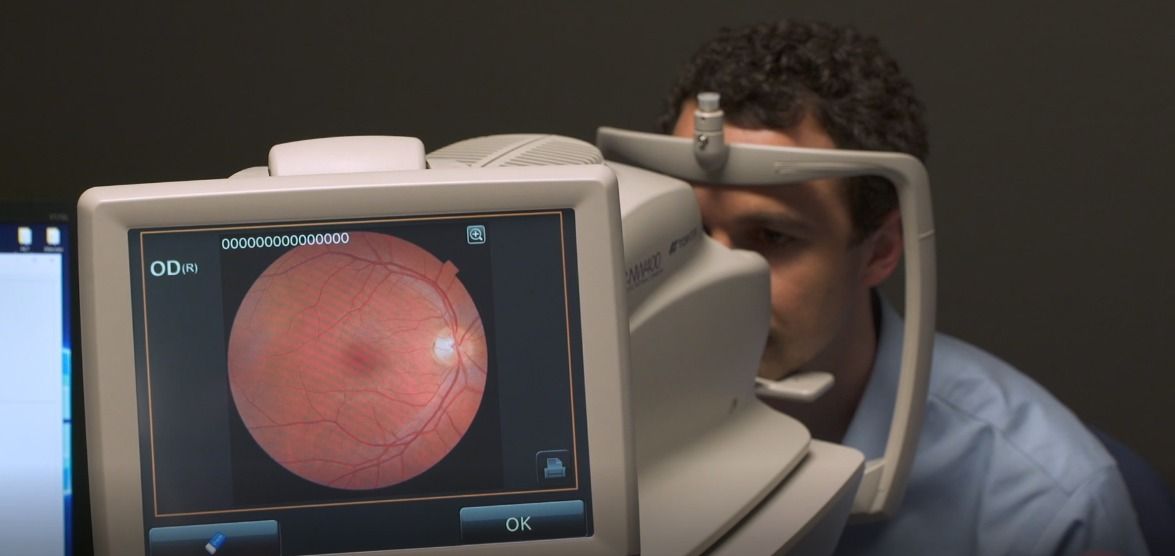Tracking methane in the air is hard because it rises and spreads from the source. Measurements taken on the ground and from planes vary all over the place.
Hamburg says the satellite, called MethaneSAT, is the best thing yet for quantifying and tracking the gas: “It will be able to see where it’s happening [and] how much, across the globe — not just the big sources, but all the sources collectively, and understand the scale of the problem. That’s the kind of data we don’t have anywhere in the world.”
The satellite will be about the size of a beer keg and is due for launch in three years. It’s funded with money raised from wealthy philanthropists.








